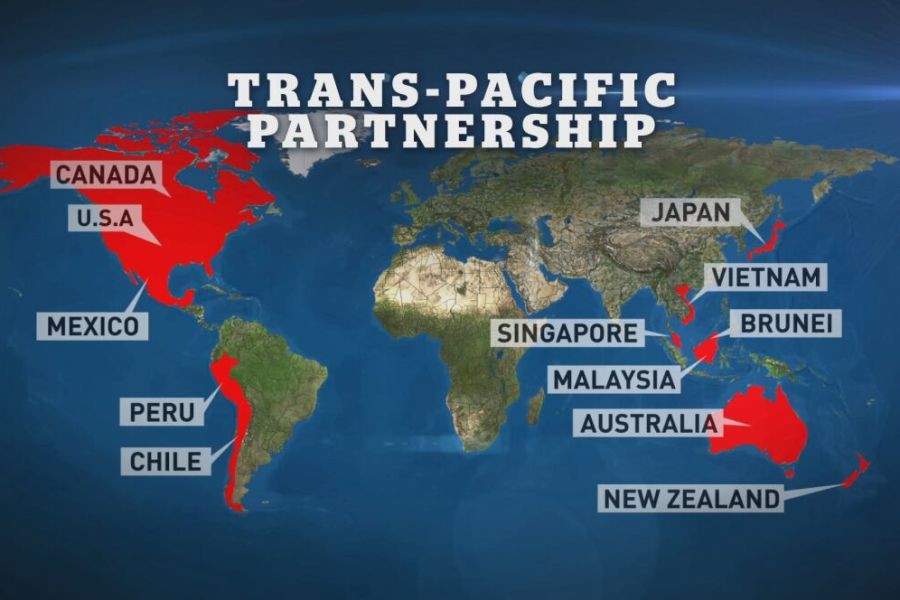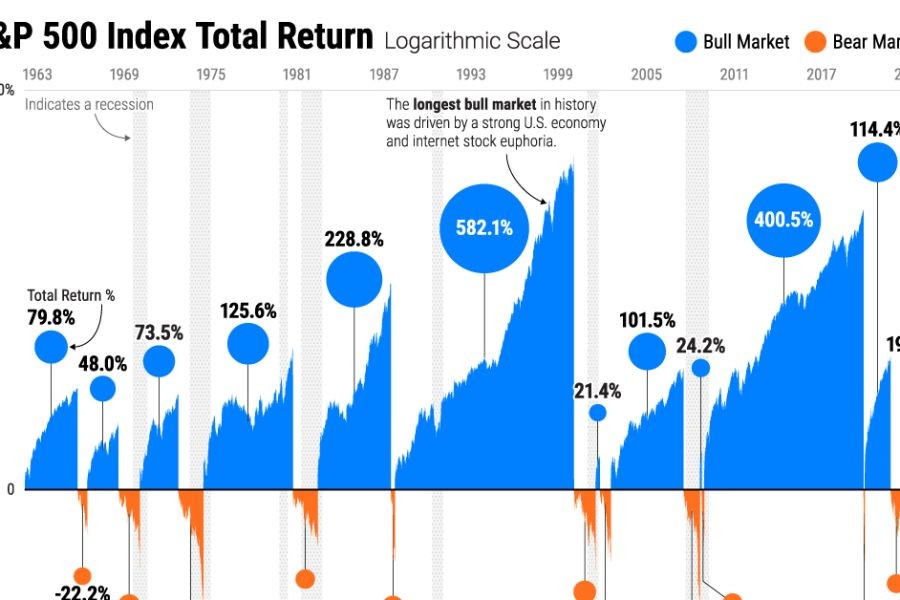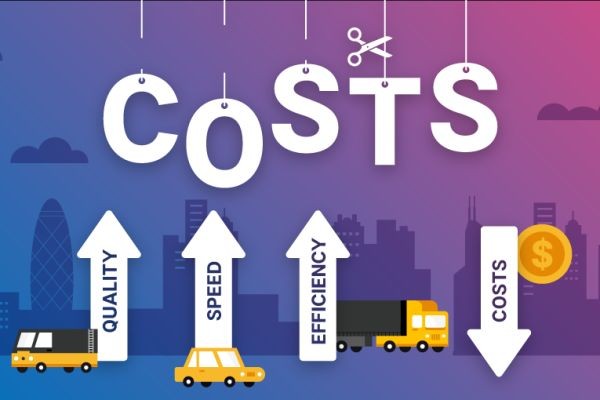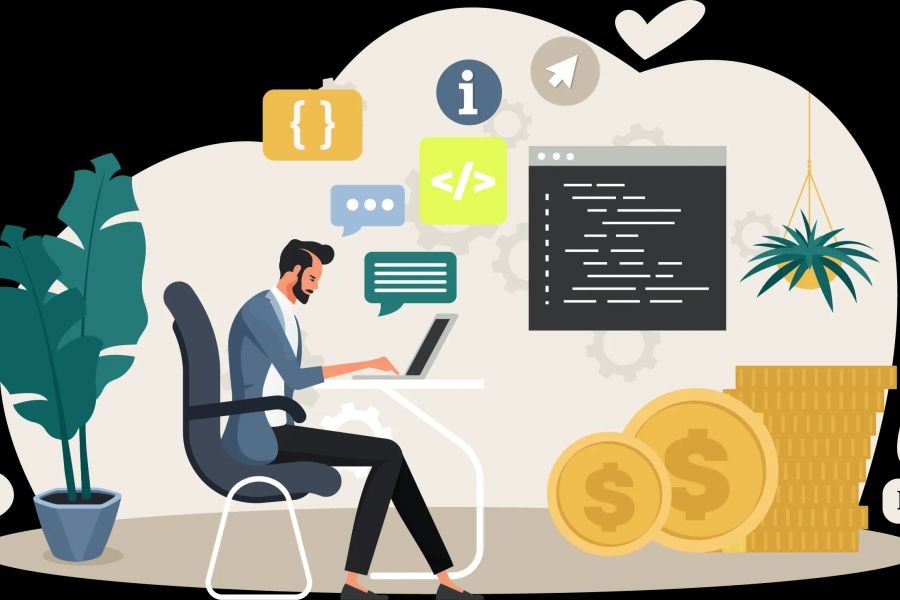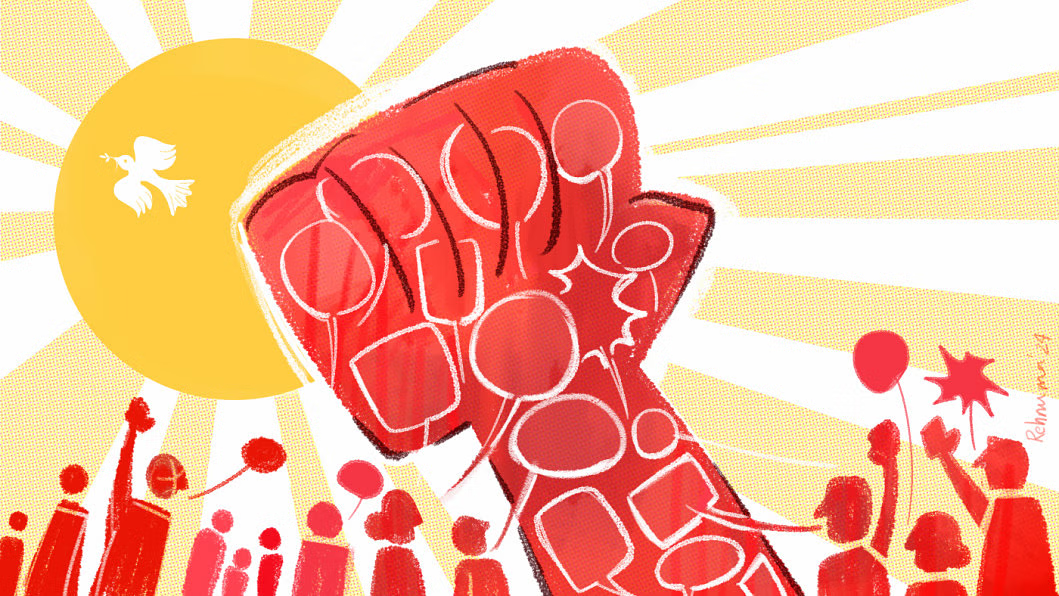In the heart of the Southern Hemisphere, New Zealand stands at a crossroads in its digital economy journey. As AI continues to evolve, the question arises: Is it more valuable than human talent? While AI offers unparalleled efficiency, the unique capabilities of human creativity and adaptability cannot be understated. This article explores the delicate balance between AI and human talent in New Zealand's digital economy, providing insights into how these elements can coexist and thrive together.
The Historical Evolution of AI and Human Talent in New Zealand
New Zealand has long been a nation of innovators and early adopters. The country's digital economy has evolved significantly over the past few decades, with AI playing an increasingly prominent role. From early implementations in agriculture to sophisticated applications in logistics and healthcare, AI has transformed numerous sectors.
However, the journey has not been without its challenges. Human talent, with its ability to adapt, learn, and innovate, has been crucial in driving AI's integration into the economy. A study by the Ministry of Business, Innovation, and Employment (MBIE) suggests that sectors relying heavily on human creativity and critical thinking, such as design and arts, have shown resilience against the AI wave.
Real-World Case Study: Fonterra’s AI Integration
Problem:
Fonterra, one of New Zealand’s largest dairy exporters, faced challenges with supply chain inefficiencies and quality control, leading to significant revenue losses.
Action:
In response, Fonterra adopted AI-driven solutions to optimize its logistics and quality assurance processes. They implemented machine learning algorithms to predict demand accurately and enhance supply chain management.
Result:
Within a year, Fonterra reported a 20% reduction in logistic costs and a 15% improvement in product quality. This case study demonstrates AI's potential when combined with human oversight and strategic implementation.
Takeaway:
Businesses in New Zealand can leverage AI to enhance operational efficiency while ensuring human talent focuses on innovation and strategic decision-making. The synergy between AI and human expertise offers a competitive advantage, a trend expected to grow in the coming years.
Data-Driven Report: The Current Landscape
According to Stats NZ, the digital economy contributes approximately 8% to New Zealand's GDP. While AI adoption is rising, human talent remains essential, particularly in industries requiring personalized customer engagement and creative problem-solving.
The Reserve Bank of New Zealand highlights that sectors integrating AI have seen an average productivity increase of 15%. However, this growth is maximized when AI complements human talent rather than replaces it.
Pros vs. Cons Analysis
Pros:
- Efficiency: AI can process large data sets faster than humans, providing quicker insights and decision-making support.
- Cost-Effective: Automation reduces operational costs and minimizes human error.
- Scalability: AI solutions can be scaled to meet growing business demands without proportional increases in cost.
Cons:
- Job Displacement: AI may replace routine jobs, causing short-term unemployment in specific sectors.
- Ethical Concerns: AI decisions could lead to biases unless carefully managed with human oversight.
- Initial Investment: Implementing AI technologies requires significant upfront investment and ongoing maintenance.
Debate: AI vs. Human Talent
Advocate Perspective:
Proponents of AI argue that it enhances productivity and innovation. AI-driven automation can lead to cost reductions and improved accuracy, enabling businesses to scale efficiently.
Critic Perspective:
Critics warn against over-reliance on AI, emphasizing the importance of human creativity and critical thinking. They argue that AI lacks the nuanced understanding and empathy required for complex decision-making.
Middle Ground:
A balanced approach suggests that AI and human talent can coexist by leveraging AI for routine tasks while humans focus on strategy, creativity, and ethical considerations.
Common Myths & Mistakes
Myth 1: AI Will Replace All Jobs
Reality: While AI automates specific tasks, it creates new job opportunities in AI development, management, and oversight (Source: MBIE 2023).
Myth 2: AI is a One-Time Investment
Reality: AI implementation requires continuous updates and human intervention to adapt to changing business environments (Source: New Zealand AI Forum).
Future Trends & Predictions
According to a report by NZTech, by 2030, AI could contribute up to 12% of New Zealand's GDP. However, its success will depend on fostering a workforce skilled in both AI technologies and human-centric skills.
Educational institutions are increasingly offering AI-focused programs, preparing the next generation to thrive in a digital economy where AI and human talent work hand in hand.
Conclusion: Final Takeaways & Call to Action
The debate between AI and human talent is not about choosing one over the other but finding a balance that maximizes their strengths. New Zealand's digital economy stands to benefit from this synergy, driving innovation and sustaining growth.
For businesses and policymakers, the focus should be on integrating AI technologies while investing in human capital development. This approach will ensure a resilient and dynamic economy capable of facing future challenges.
Engage with us: What’s your take on the AI vs. human talent debate? Share your insights and experiences in the comments below!
People Also Ask (FAQ)
- How does AI impact businesses in New Zealand? AI enhances efficiency and decision-making, with businesses reporting a 15% productivity increase on average, according to Stats NZ.
- What are the best strategies for implementing AI? Start with identifying routine tasks for automation, integrate AI tools gradually, and ensure continuous human oversight for optimal results.
Related Search Queries
- AI and human talent synergy in NZ
- Future of AI in New Zealand's economy
- AI integration strategies for Kiwi businesses
- Human skills needed in an AI-driven world
- AI's impact on New Zealand's job market






